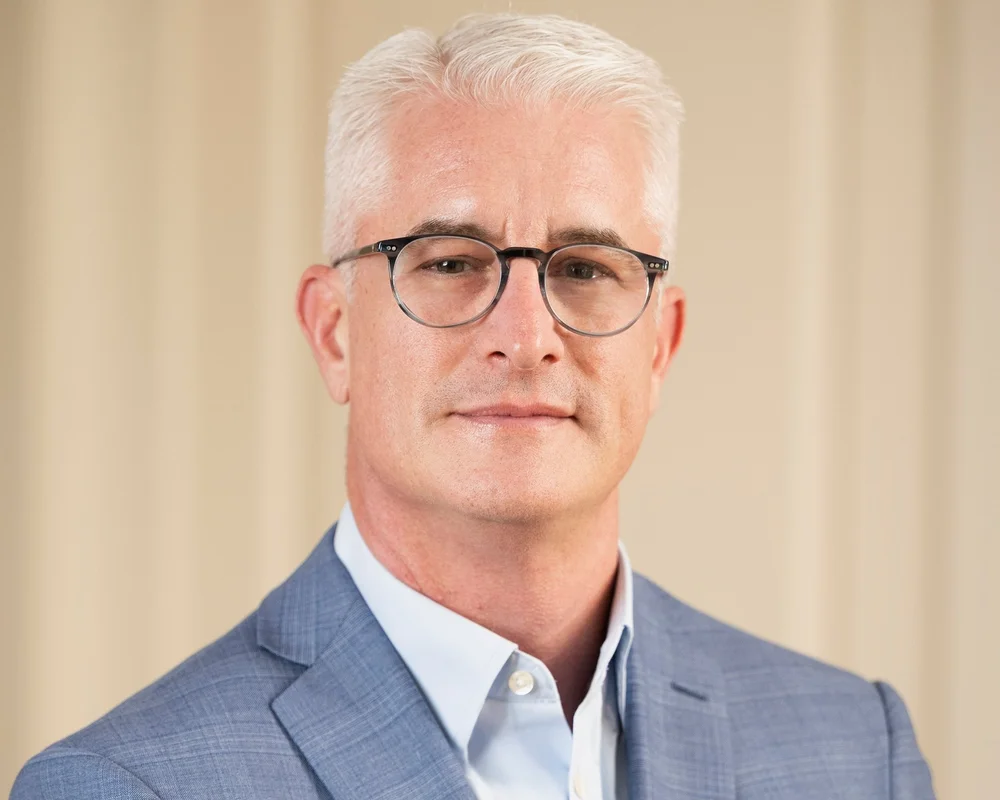Ed Gubbins of Telephony Unfiltered detailed some interesting remarks by Cogent Communications (NASDAQ:CCOI, news, filings) CEO Dave Schaeffer about Qwest’s longhaul network. Basically, he said they looked at it but it is just too expensive. My first reaction was along the lines of ‘Huh?’ because Cogent is just so much smaller that the very idea boggles the mind, even for Schaeffer who isn’t exactly known for playing down his importance in the world. Cogent’s enterprise value is below $400M and they have $66M in cash, and Qwest’s asking price is supposedly $2-3B. I happen to think that price tag is too high, but not by that much. Why would they even take the call? But as it turns out, I actually think there just might be a way it *could* happen.
How’s that? Well Verizon and Frontier just showed us the way. While their deal is structured such that Frontier is called the ‘buyer’, that isn’t really the best way to look at it. Actually, Verizon is buying Frontier, stuffing a bunch of its assets and a pile of debt into it, and then spinning it back off to both Frontier’s and its own shareholders. In other words, a gorilla that really wants to divest unprofitable assets can buy something to act as a container, fill it up, then sell it back. The difference? The container doesn’t need to raise money in a horrible credit market. Of course there is still a price and the container has to believe it will be worth the dilution and the assumed debt. Frontier obviously does.
So theoretically, maybe Cogent *could* do it the same way. But Cogent won’t work for a Qwest longhaul deal mainly because the combination isn’t particularly good. As Schaeffer himself mentioned, there just isn’t much overlap between the business models, and even less in terms of corporate culture. Good thing too, Schaeffer running Qwest’s fiber and forward pricing the entire transport market is a frightening prospect all by itself.
But that doesn’t mean Qwest can’t find a willing partner for this sort of deal, and if they really talked to Cogent then it implies they are pretty serious about finding one. Any candidates out there ready to be bought, stuffed, and spun off? All you need to be is about half the size of Qwest longhaul, have little debt on the balance sheet so you can take on a couple billion, metro assets to raise the margins, and owners just crazy enough to try it since they don’t need to raise cash. XO perhaps? Hmmmm.
The TelephonyOnline article also had this line though regarding Qwest longhaul’s financials: “$700 million in annualized run-rate EBITDA is not unrealistic.” I’m sorry, but yes it is. If Qwest longhaul were making $700M/year, they wouldn’t be selling it. At some 30% EBITDA margins on a business with relatively low capex requirements of 5-10%, it would be overflowing with cashflow and they’d be shouting it from the rooftops and planning to take over the world. I don’t know just how healthy Qwest longhaul might be, but it can’t be doing nearly that well.
If you haven't already, please take our Reader Survey! Just 3 questions to help us better understand who is reading Telecom Ramblings so we can serve you better!
Categories: ILECs, PTTs · Internet Backbones · Mergers and Acquisitions






Beauty is in the eye of the beholder …
If I were interested, which I am not … it may be cheap compared to building a new network and customer base …
But we have lots of Bankers with calculators and financial finesse … not considering the aforementioned.
The question is: what does it cost someone who does not own it if someone else does? Your future choices may be limited or nil. What’s the cost of dependency?
If Schaeffer can ever pull this off, he can qualify himself a Nobel candidate for Economics because this would be a miracle…
Rob, my understanding is the offering is for 20,000 route miles with an average of 432 fibers.
At current demand, $2-3B is a bit rich.
And presumably the transport revenues that travel those fibers I assume? I suspect the details are entirely fungible regardless, I still see the price tag as a trial balloon to prepare for next year.
What would be reasonable price in your opinion?
20,000 route miles — 432 strand count – that’s hard to believe.
Anyhow, do the 80/20 rule. 80% of the 20,000 miles is aerial and 20% underground.
Cost per aerial mile to build call it $30,000 per route mile (16k) and underground call it $100,000 (4k) per route mile. To build the fiber alone comes to $880 million, add regeneration, DWDM, power, etc … . Assuming you can build without any legal or franchise skirmishes (impossible) now figure out your marketing strategy. Since a new build would not have any customers calculate time-to-market, cost of acquisition, back office, provisioning, billing, laterals, customer cost of acquisition, cost to finance, peering, marketing, etc – like a real business. Model out your price points discounted X years down the road because it will take time to build a nationwide network like Qwest has.
Not knowing the Qwest numbers one must ask, is it easier/cheaper to buy than build (a network and customer base).
How does that stack up against the going price? Depending upon the quality of the Qwest network and wholesale customers, it may make sense.
The big question is, whether build or buy — who is lending $2 billion these days for a long haul network?
It seems focus today is on metro fiber assets and their intrinsic value today and in the future.
Same exercise for a metro valuation – build or buy. However, metro is 10x more complex and costly than long haul.
Dave,
The 20k route mile and 432 count came from the Qwest Dark Fiber marketing material.
http://www.qwest.com/networx/downloads/productOverviews/DarkFiber_Product_Overview_8_20_07_v3.pdf
Wow! If I were Qwest, with that fiber count, I would be driving Cogent out of the IP business —
Qwest obviously needs more local presence and out-of-territory.
432 strands on a long haul network — this fiber will never be used in total in my lifetime – let alone the extra duct referenced.
I know of companies that IRU’d 4-strands of national long haul fiber in the mid-1990’s — plenty of capacity left on those commodity pipes.
I believe the 432 is for their metro footprint, which came from OnFiber or is in-region. If I recall correctly, the Qwest Classic longhaul network had 96 strands, 24 of which went to Global Crossing, 24 of which went to Genuity.
Rob, that would tend to make more sense. Do we know what their long-haul vs. metro route mileage is?
Even for a Metro Ring, 432 count is large.
No, not their metro route mileage, at least I don’t recall seeing it broken out. They have some via onFiber and have built a bit more since, but it’s not huge outside their home turf.
MFN was supposedly running 432-strands in the metro.
http://www.convergedigest.com/Daily/v7/v7n178.htm
You know, I wouldn’t be at all surprised if a fair amount of Qwest’s out-of-region metro assets were leased from Abovenet. That sort of relationship would make a lot of sense.